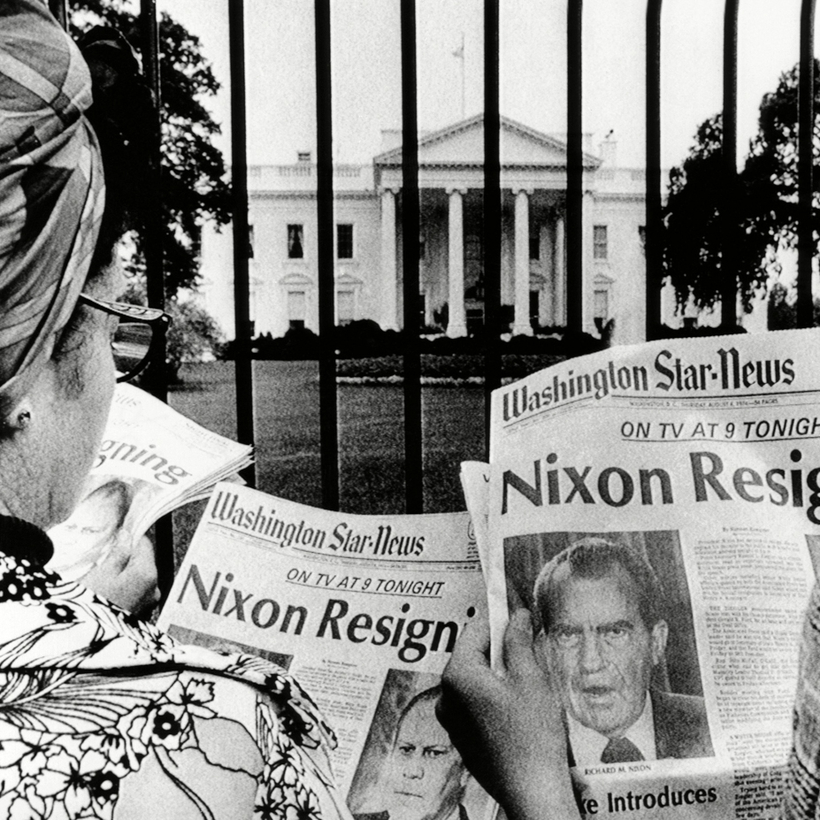As I investigated the hidden hand of the C.I.A. in the Watergate affair for my new book, Scorpions’ Dance: The President, the Spymaster, and Watergate, I sifted the fictional oeuvre of burglar-in-chief Howard Hunt for factual clues.
In the years before his arrest, Hunt had published seven paperback adventures of Peter Ward, a pipe-smoking C.I.A. operative who outwitted treacherous Communists from Hong Kong to New Delhi while taking orders from an impressive deputy director back at headquarters named Avery Thorne. Thorne resembled no one so much as Hunt’s great friend Richard Helms, the real-life, pipe-smoking director of the agency from 1966 to 1973.

